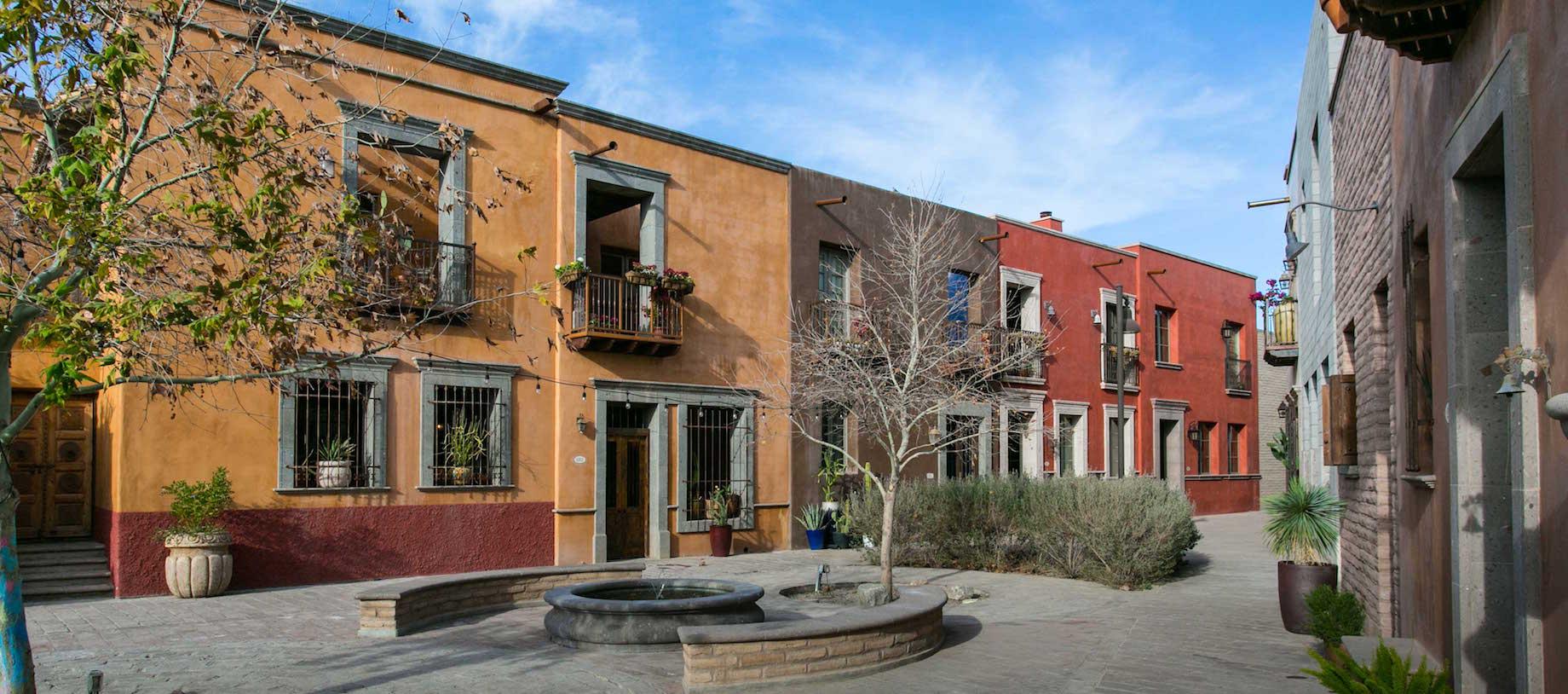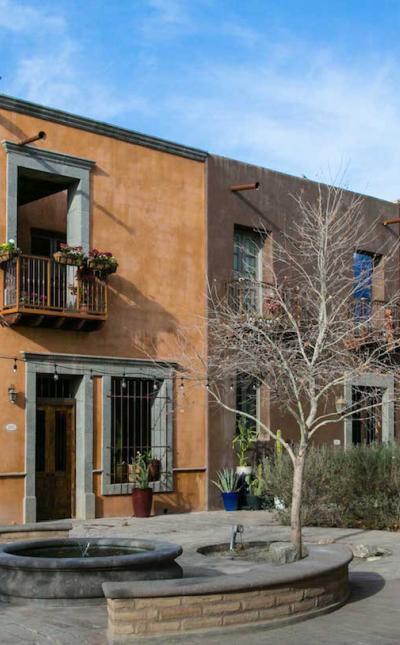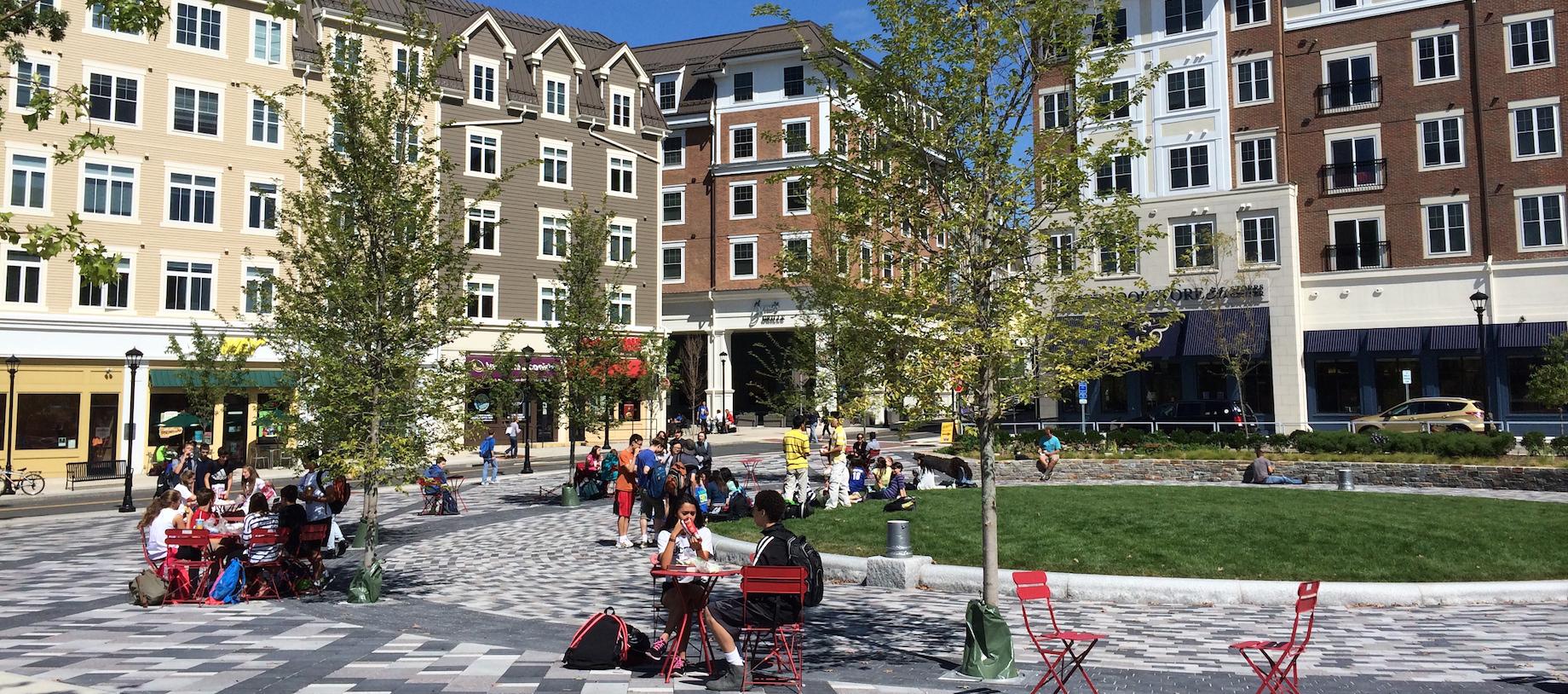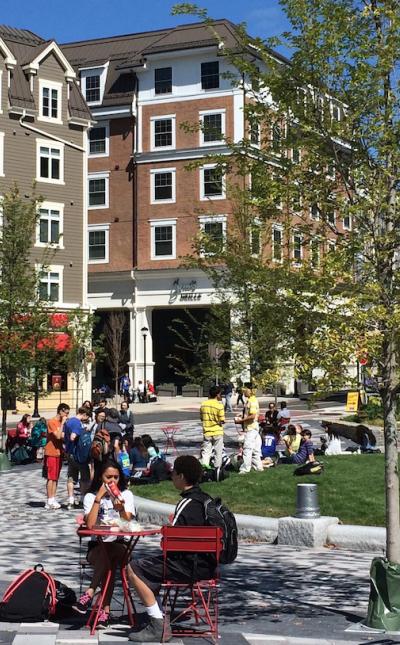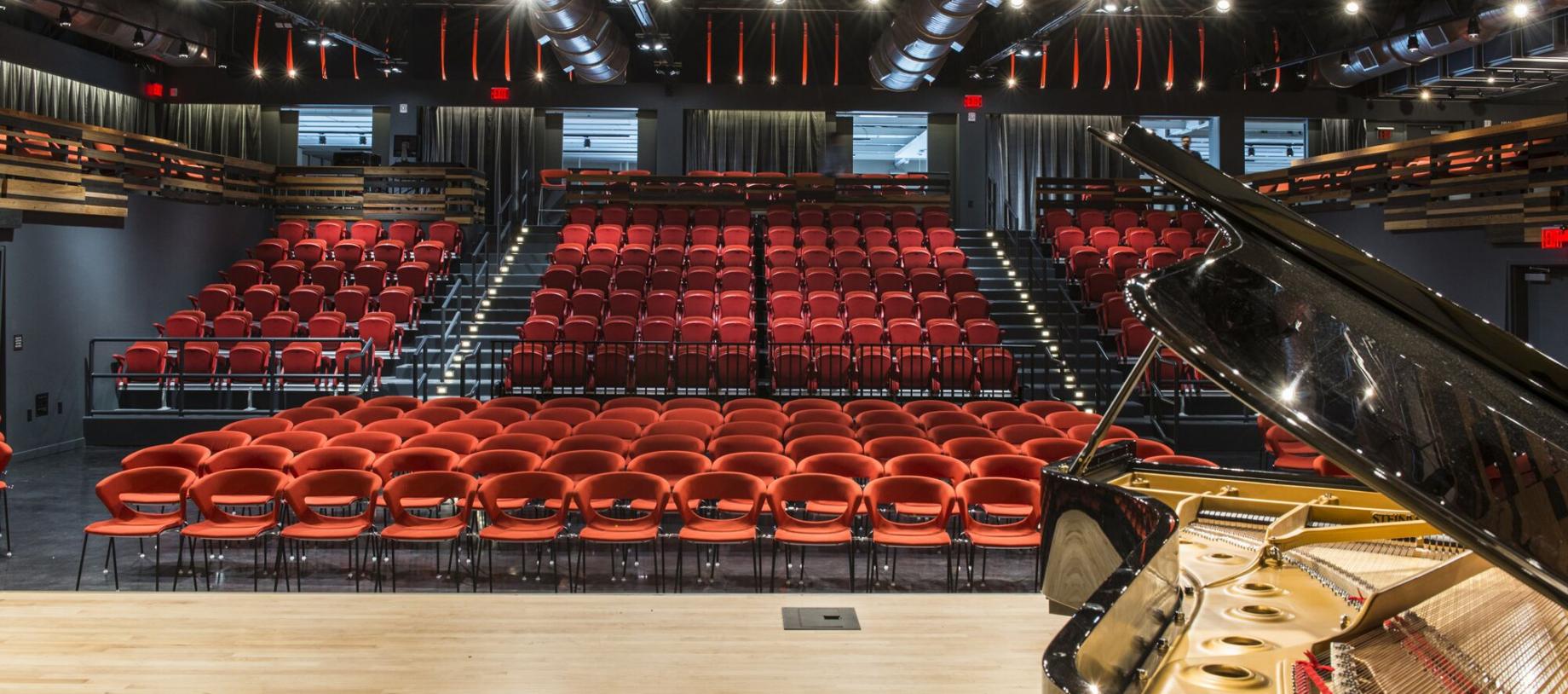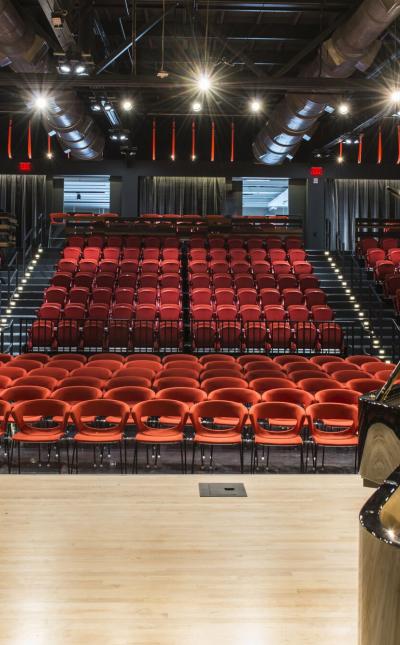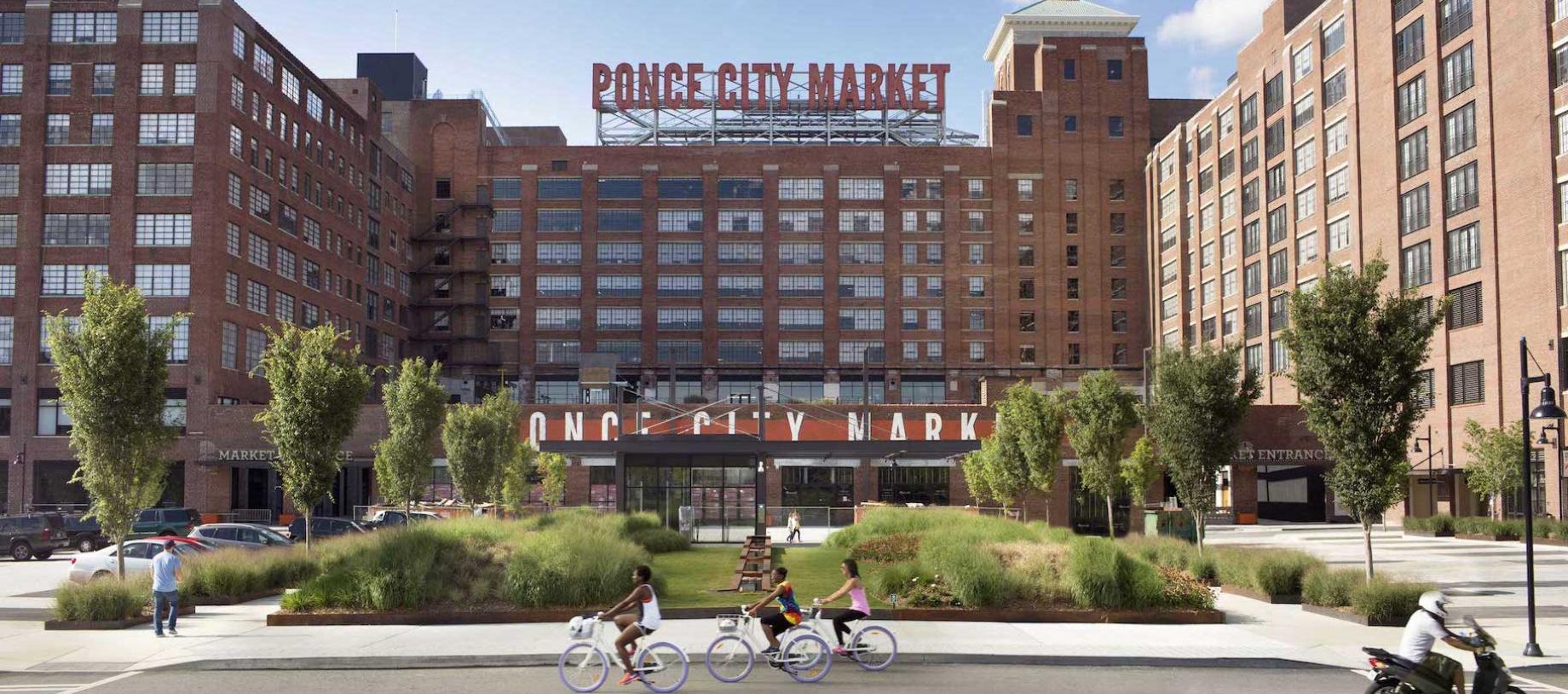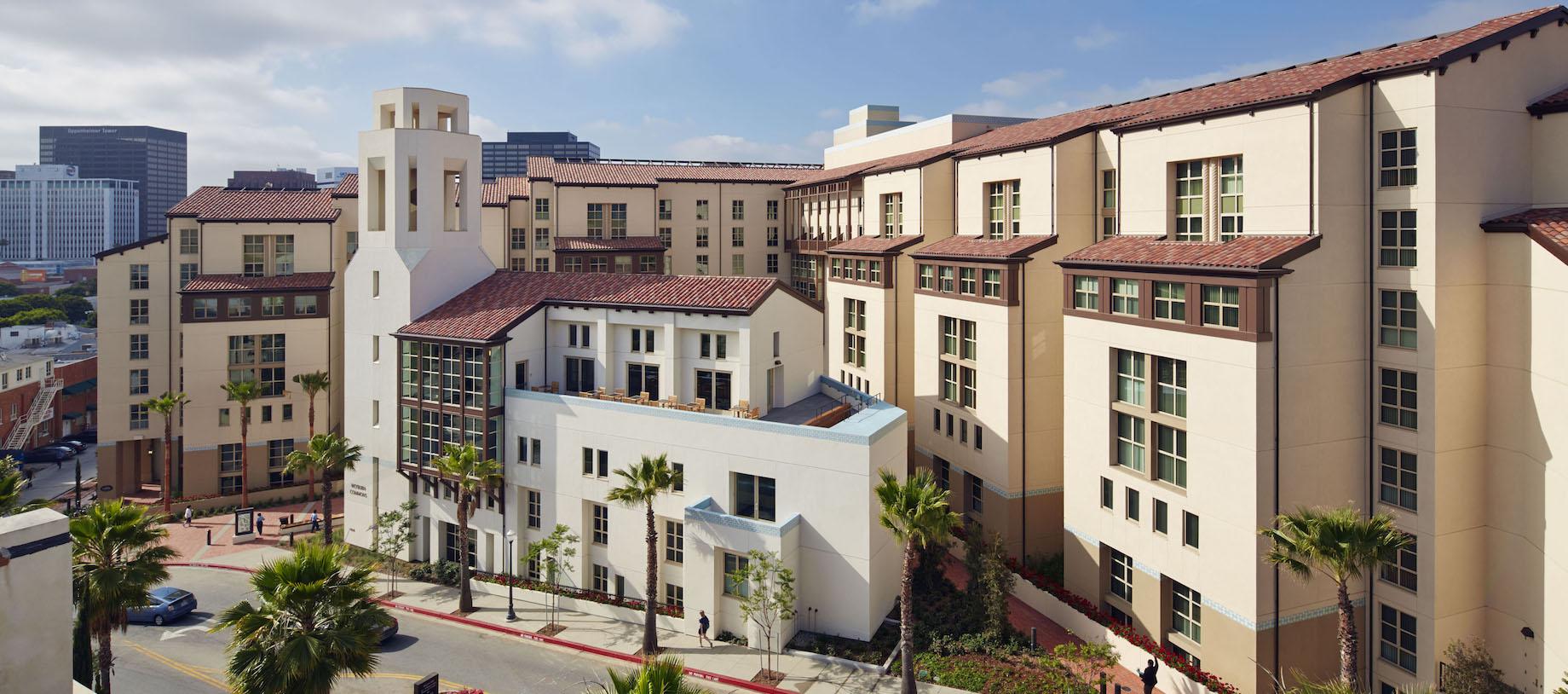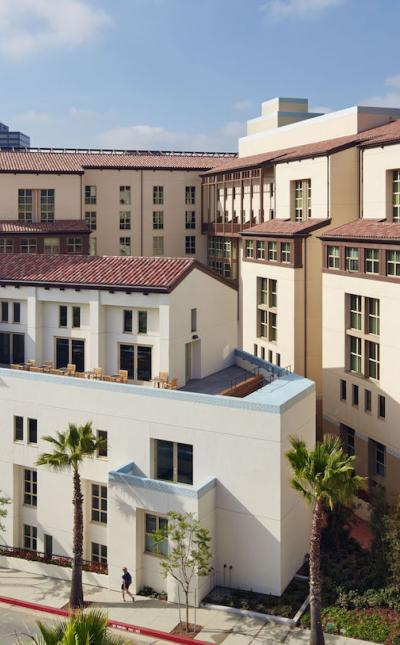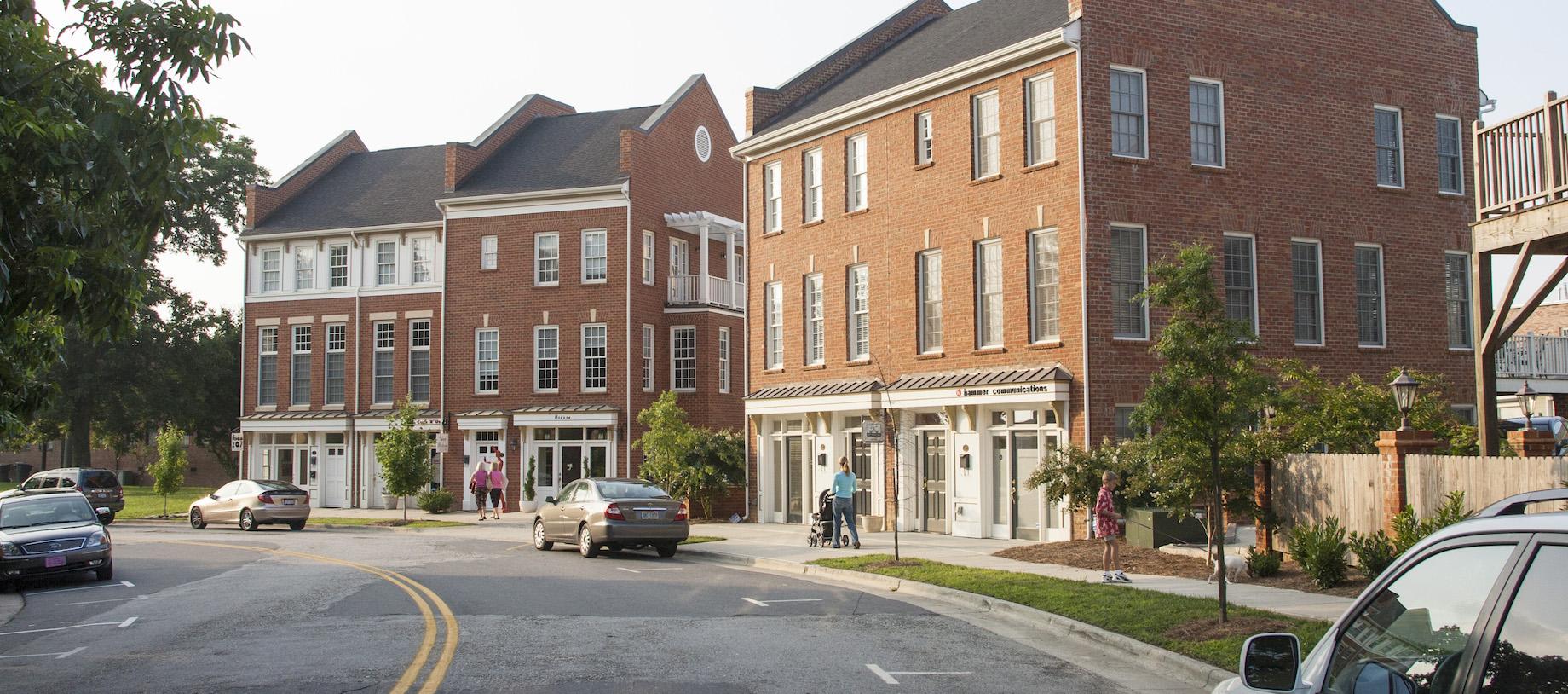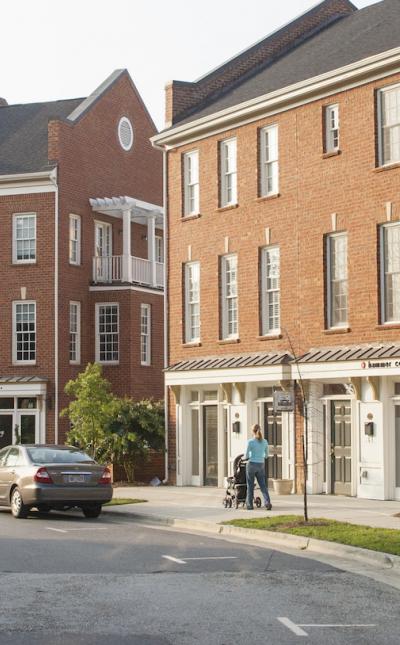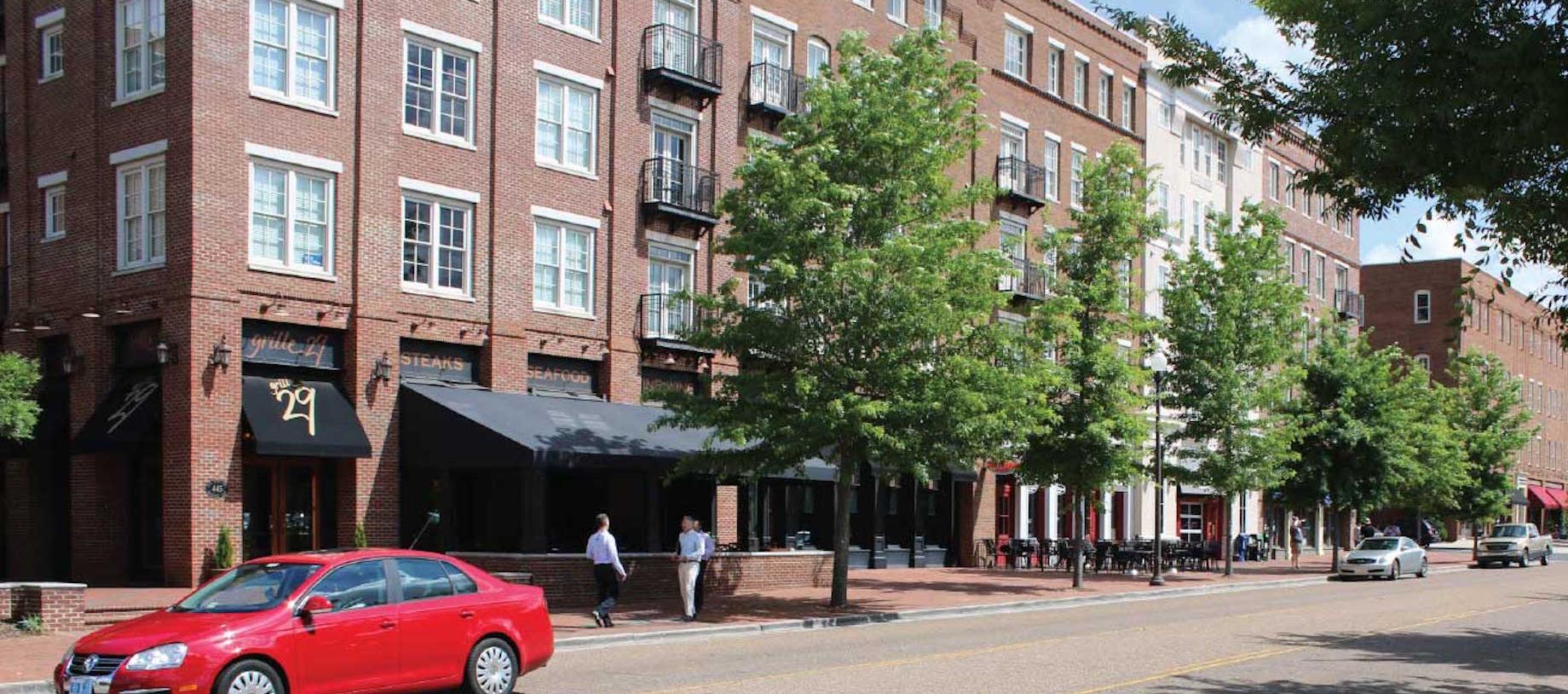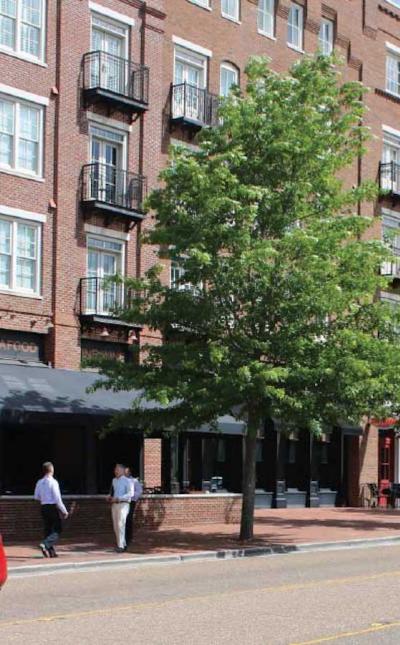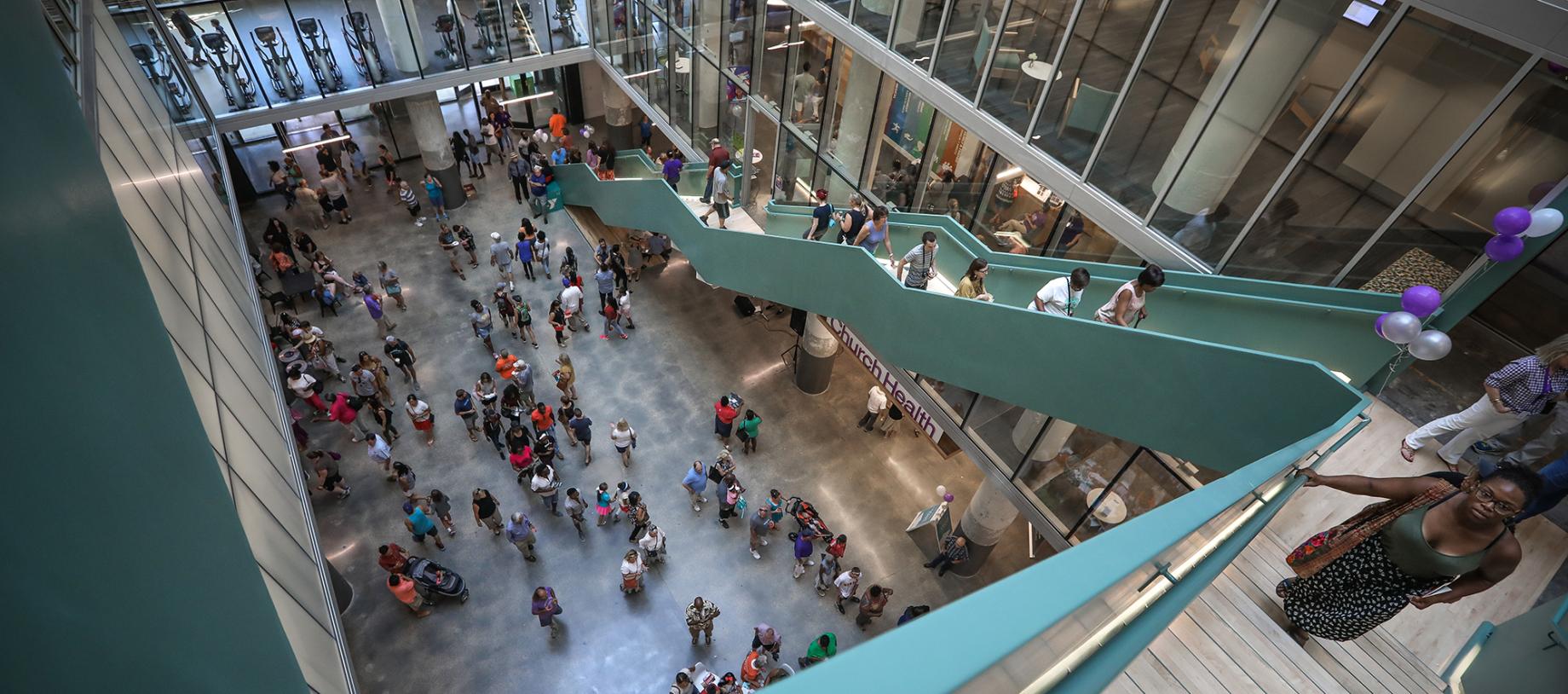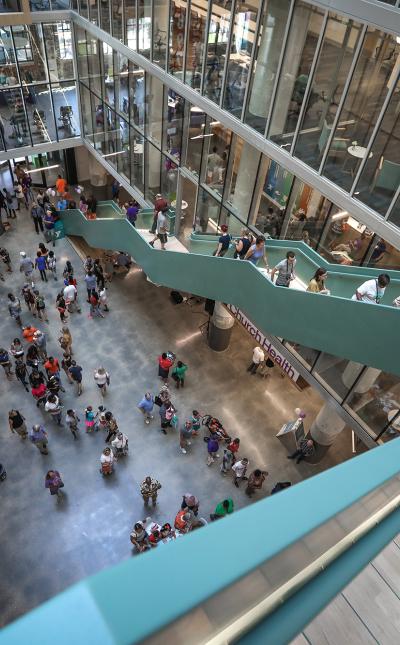Understanding a Congress Focus
What is the Congress Focus?
In conjunction with each Congress since its 30th in 2022, CNU has identified an aspect of the vision of the Charter that demands further work by the New Urbanist movement. Each Congress Focus reflects the unique context of the local host city or region, and provides a platform for all aspects of the delivery of the Congress to be built. Far more than a theme or content organizing tool, the Focus is a problem space around which the organization chooses to center the impact of its flagship annual event, demonstrating to CNU members, partners, funders, and supporters the specific and locally-responsive ways that we are working to meet our mission as a nonprofit.
What is the process for developing the Focus?
Determination of each Focus begins with reflection on the ways in which the practice of New Urbanism addresses – or fails to address – principles of the Charter. CNU executive leadership considers the mission of the organization, the current strategic objectives established by the CNU Board of Directors, and the vision that the Charter describes against the common challenges that neighborhoods, towns, and cities across the country are facing, in identifying critical problem spaces or particular urban conditions that would benefit from the focused attention of the New Urbanist movement. With input and feedback from the Local Host Committee to ensure relevance of the topical area to the local conditions as well as the ability of the surrounding region to provide ample built examples and compelling discussion subjects, CNU then refines the narrative explanation of the Focus and develops a comprehensive suite of content to help communicate its importance to all stakeholders of the annual Congress.
How is the Focus used to guide the delivery of each Congress?
- Identification of intended impact: the Focus is the obstacle to our shared vision that the outcomes and outputs of each individual Congress are seeking to address. As a nonprofit organization, CNU is compelled to respond to the urban challenges that cities, towns, and neighborhoods are facing, demonstrating the ability of our movement to make meaningful change. The intended impact of each Focus should be recognizable to CNU members from across the country, mission-aligned CNU partners who work with the organization, grantors and sponsors who financially support the programs of CNU, and local communities that benefit from the work that the organization and its volunteers provide.
- Keynote and Main Stage Conversations: the Focus provides the broad frame within which key ideas and/or critical questions are explored during the primary all-attendee content events of the Congress. Directly responding to some aspect of the Focus, each Keynote and Main Stage Conversation offers CNU the opportunity to bring nationally renowned experts to the Congress podium to help New Urbanists unpack the problem space of the Focus. These sessions help attendees understand the reasons that successful implementation related to the Focus has remained elusive, and invite discussion about solutions to problems we are facing in our work.
- Congress Program: because the content of each Congress is co-created with the broad audience of multidisciplinary practitioners who submit session proposals, the integration of the Focus into the overall session content is a multi-staged process that is led by the Congress Program Committee and carefully curated by CNU staff. Once sessions have been reviewed and selection recommendations have been made by the committee, CNU works closely with each session proposer to ensure that their content remains relevant to the Focus and provides breadth and/or depth to the discourse that the program altogether offers attendees.
- Education and Outreach: attendees expect the Congress to be an opportunity to further their understanding of New Urbanist best practice and the key concepts embedded in the Charter. As a result, the Focus must be a platform that helps every practitioner improve their work and likewise helps every attendee better engage with the local host city or region. The Focus should elevate an urban challenge that is engaging to every Congress-goer, spanning the vast differences in experience with New Urbanist principles and practice and hailing from every corner of the country and around the globe as well.
- Workshops and Working Sessions: in order to provide valuable experiential learning opportunities, Congress workshops and working sessions are an important way that attendees can directly contribute to the real-world solutions that the Focus problem space demands. Collaborating with fellow attendees on directed solution-building, the participants of Congress workshops and working sessions are able to provide their own technical expertise toward specific design and/or policy problems that the Focus daylights in the local host city or region.
- Legacy Projects: as an immediate and direct example of local impact, the Legacy Program is perhaps the most evident way that the problem space of the Focus is made tangible through each Congress. CNU staff consider the Congress Focus as they review Local Host Committee recommendations for potential Legacy Projects and then works closely with pro-bono service providers, connecting these practice experts with real world communities seeking design and/or policy expertise, specifically related to the Focus problem space, and that would otherwise be unavailable to those communities without the direct support of CNU and its partner firms.
How is the Focus communicated?
CNU leverages its variety of communications tools and platforms and carefully differentiates its communications strategy in order to explain the Focus, the impact that the organization hopes to achieve with that Focus, and the ways that engaging with the Focus at the Congress will be relevant to the work of every member of the New Urbanist movement. The organization crafts a narrative description of the Focus to explain the problem space, develops framing of the Focus relative to the host region that illustrates CNU’s intended impact, prepares a syllabus to support a shared understanding of the state of the practice relative to the Focus, identifies key questions that the movement should be considering when engaging with the Focus, and clarifies the relevance of the Focus to the primary communities of practice within the New Urbanism.

